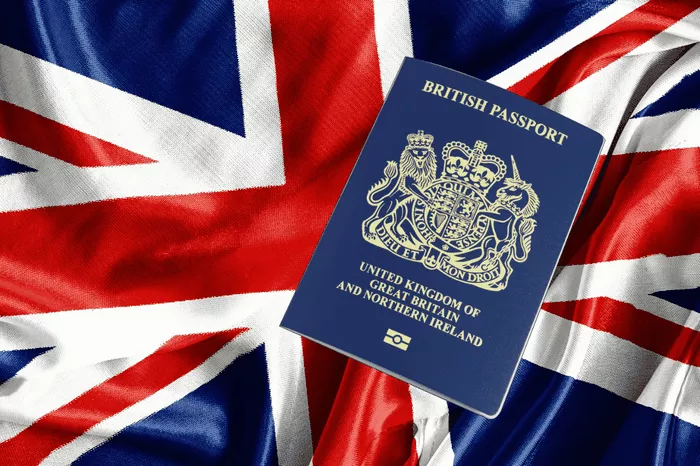Recent analysis of UK immigration data has unveiled a surprising trend: visa applications for chefs now exceed those for computer programmers. This shift occurs amidst the British government’s ongoing emphasis on attracting highly skilled, tech-savvy workers to bolster its aspirations of becoming a digital powerhouse.
According to a report from the Financial Times, the year leading up to March 2024 saw 6,203 chefs granted skilled worker visas, reflecting a notable 54% surge from the previous year. Conversely, the number of work permits issued to programmers and software developers plummeted from 8,752 to 4,280 during the same timeframe.
Both professions notably attract Indian migrants. The Indian restaurant industry, a significant presence in the UK, has long advocated for more relaxed immigration policies to facilitate a greater influx of hospitality workers.
However, the recent spike in chef visas may be short-lived. Adjustments to skilled worker visa regulations have escalated the minimum salary requirement to £38,700, or £30,960 for younger workers. Given that the average chef’s salary in the UK stands at £22,877 as of April 2023, many restaurants may struggle to meet the new salary criteria. Consequently, there has been a rush of applications ahead of the implementation of these new thresholds.
Official data has yet to fully capture the recent changes to the UK immigration system, which has introduced stricter restrictions and increased visa fees. Early indications suggest a downward trajectory in migration, with a 10% decrease in net migration in 2023 to 685,000, accompanied by a decline in visa applications.
For Indians aspiring to work in the UK, the outlook is mixed. The heightened salary threshold has closed doors for many mid-skilled roles in retail and hospitality. Nonetheless, the health and care sectors remain largely unaffected by these changes, presenting significant opportunities.
New restrictions, such as the prohibition of dependent visas for care workers, mean that married individuals cannot bring their families. However, for young Indians without family commitments, this visa route remains viable. Moreover, skilled professionals in fields such as IT, engineering, science, pharmaceuticals, and veterinary medicine still find ample prospects in the UK.
The Young Professionals scheme provides another avenue, with 3,000 visas available annually to Indians aged 18 to 30 with a bachelor’s degree. Applicants must demonstrate £2,530 (INR 264,230) in savings for 28 consecutive days and not have financial responsibilities for children under 18. The next round of applications opens in July.
As the UK navigates its evolving immigration landscape, the interplay between economic demands and policy alterations continues to shape the opportunities accessible to international workers.


